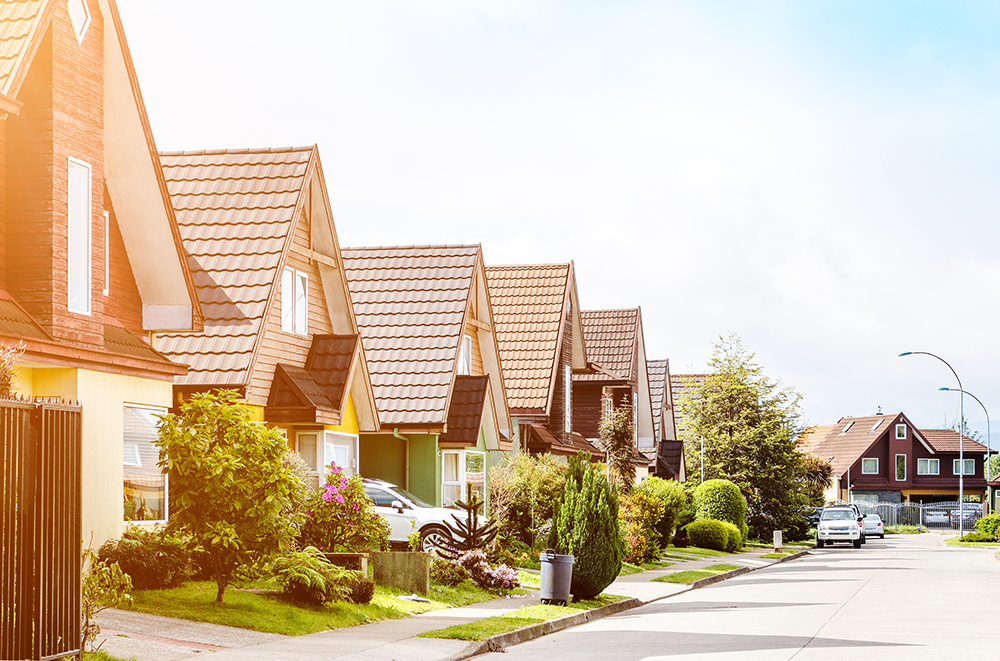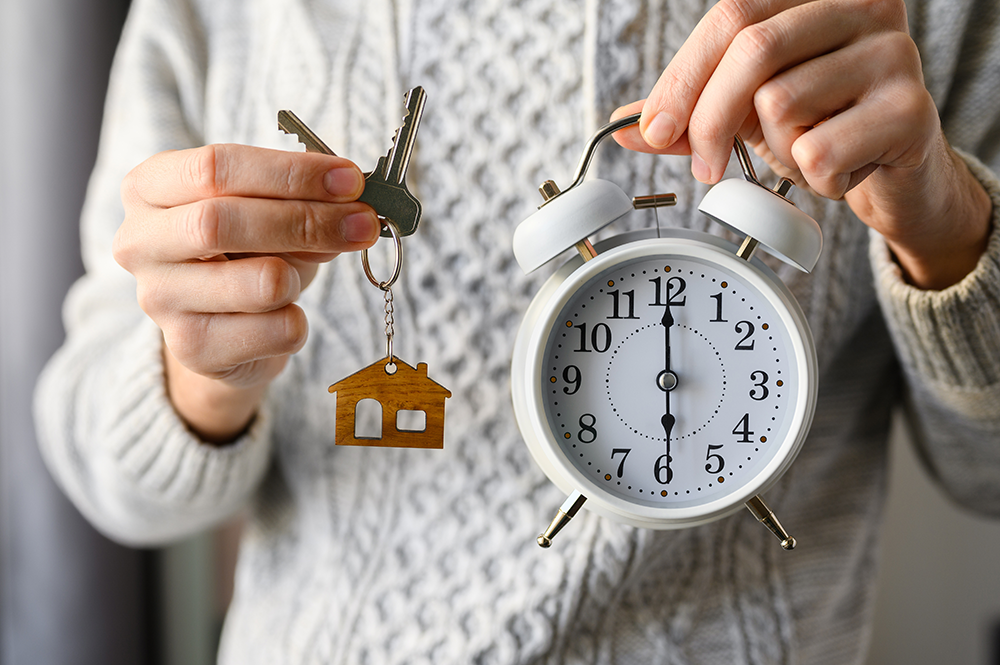Buying a house is a big deal and the down payment you make on your home will determine what kind of mortgage you can get, how much it will cost to purchase your new property, the interest rate offered to you, and the types of additional costs that will be associated with your loan. In this blog post, we’ll look at three different down payment amounts and see what they mean for your mortgage options.
5% Down (or less)
If you’re a first-time homebuyer, you may be concerned about saving up enough money for a 20% or even 10% down payment. It can be increasingly difficult for homebuyers without equity in another property to put down more than the minimum amount for a down payment. Even if you can afford it, you may not want to eliminate all your savings when you buy your new home. Luckily, many loan programs allow for as little as 3.5%, 5%, or even no money down.
- VA loans offer 0% down with no mortgage insurance requirements, although there is an associated VA funding fee of 2.3% of the loan amount added to the cost of the mortgage.
- USDA loans also offer 0% with the requirement that the property is located in a given area.
- FHA loans allow for as little as 3.5% down, but does include a mortgage insurance requirement.
- Conventional loans will allow for a 5% down payment with mortgage insurance.
Additionally, if you aren’t planning to live in the home for very long, you may want to consider a low down payment option. If you’re only going to be in the home for a few years, you may decide that it’s worth temporarily paying a higher interest rate in order to keep up front costs low.
20% Down
Next, we’ll talk about purchasing a home with at least 20% of the purchase price for the down payment. With this larger percentage, you’re eligible for conventional financing without the additional cost of private mortgage insurance which means you can expect a lower monthly payment on top of the interest savings from making a larger down payment.
This larger down payment amount can come from your savings, a gift from someone else, or an investment. Having the funds to put 20% down on your mortgage will usually result in a significantly lower monthly mortgage payment and an overall less expensive mortgage.
Over 20% Down
Now let’s look at what happens if you were to save even more money for your down payment – say, 30% of the purchase price. With this down payment amount, you can expect to receive a lower interest rate as the lender sees you as a less risky investment. Because there is no government backing for a loan in these circumstances, the larger down payment shows the lender that you have some skin in the game.
Additionally, a larger down payment amount could help the offer on your new home look more attractive, especially in a strong seller’s market. Sellers are looking for buyers who will be able to go through the home financing process without any road bumps or issues. On top of that, a larger down payment shows that you have more than enough cash on hand and will be unlikely to request that the seller cover your closing costs. Overall, a larger down payment can make your offer very enticing to a seller with multiple offers to consider.
Why putting less money down may be right for you
It may seem counter-intuitive, there are some cases where it could be more financially beneficial for you to put a smaller percentage down when buying a new property. For example, if you don’t plan to live in the home for very long, it may make more sense to put down just a small amount and take on a higher monthly mortgage payment. It’s important to discuss your down payment amount with your loan officer so they can help you make the right decision while keeping your home financing goals in mind.
The moral of the story here is that, generally speaking, if you can put more money towards your down payment when buying a new home, then it will likely save you money in the long run by lowering your monthly costs through lower interest rates and reduced or eliminated fees. However, no two person’s finances are the same so it’s important to discuss your home financing goals with your loan officer. They can help you determine the best down payment amount for your situation. When you’re ready to begin your home financing journey, get started here!



